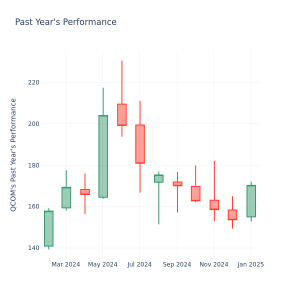Benzinga and Yahoo Finance LLC may earn commission or revenue on some items through the links below.
Real estate investing can get creative, especially when taxes are involved. Just ask Seattle-based investor Ludomir Wanot. He’s found a way to pair savvy property deals with massive tax incentives that could slash his taxable income. His big focus for 2025? Mobile home parks.
Wanot, who built his wealth through long-term rentals, sees mobile home parks as a win-win. For him, it’s all about the numbers. “The government actually allows you to depreciate at least up to 60% of the purchase price of the value of the asset in year one,” he explained to Business Insider. Translation? If he buys a property for $1 million, like he did in New York, he can write off up to $600,000 in the first year. “That basically reduced my taxable income to zero.”
Don’t Miss:
But it’s not just about the tax break. Wanot likes that mobile home parks provide affordable housing while letting him rebuild communities. “I’m providing housing for people that only make maybe $1,000 a month, at a significantly lower rate, around $200 a month,” he said. And while he’s helping his tenants, he’s also reaping big incentives from Uncle Sam.
Finding Deals In A Tough Market
Other investors are gearing up for different strategies. Mike Zuber, who built a rental empire in Fresno, California, says 2025 will be all about spotting motivated sellers. “I think there are some people that will just have to sell – life events, death, divorce, all of that,” Zuber explained to BI. With rising costs keeping buyers out of the market, he’s betting those dated, less-than-perfect homes will end up in investors’ hands.
“I’m prepared to write offers that make sense at a high cost of capital,” he said. For Zuber, patience is key.
See Also: Maker of the $60,000 foldable home has 3 factory buildings, 600+ houses built, and big plans to solve housing — you can become an investor for $0.80 per share today.
Playing The Long Game
Meanwhile, Dion McNeeley, another seasoned investor, is weighing a strategic sale of one of his properties. By leveraging an IRS rule, McNeeley could defer taxes on his gains and funnel them into another deal. This kind of move, known as a 1031 exchange, lets investors swap properties without triggering a hefty tax bill.



